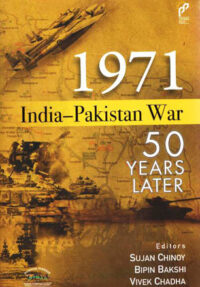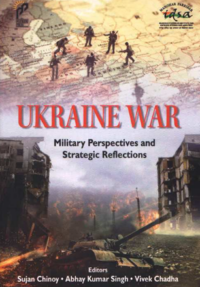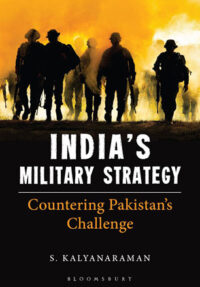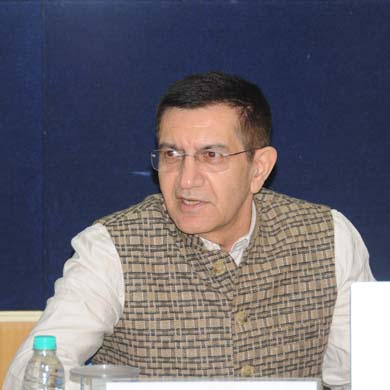India–China Rivalry: Asymmetric No Longer: An Assessment of China’s Evolving Perceptions of India
- Publisher: KW Publishers
The aim of the book is two-fold. First, this book is an effort to analyse China’s contemporary perceptual image about India primarily through the analysis of Chinese publications on the subject. Second, this book questions the prevalent notion of characterising India-China rivalry as ‘one-sided’ or ‘asymmetric.’
Unarguably, power asymmetry, with substantial Chinese advantage, has been a persistent characteristic of India-China relations and is likely to remain or even grow further. India, being weaker in this dyad, naturally has a greater threat perception vis-à-vis China. However, this apparent power asymmetry does not provide China with an overwhelming advantage over India.
The book argues that India has been and continues to be a ‘strategic rival’ in Chinese perception even though it is not categorised by China as its ‘principal rival.’ In the contemporary period, as India expands its defence capabilities, extends its regional outreach and deepens its engagement with major powers, Beijing has begun to factor New Delhi into its strategic calculus even more seriously.
- ISBN: 978-93-91490-01-0 ,
- Price: ₹. 980/-
- E-copy available
- Abhay Kumar Singh
- 2021













